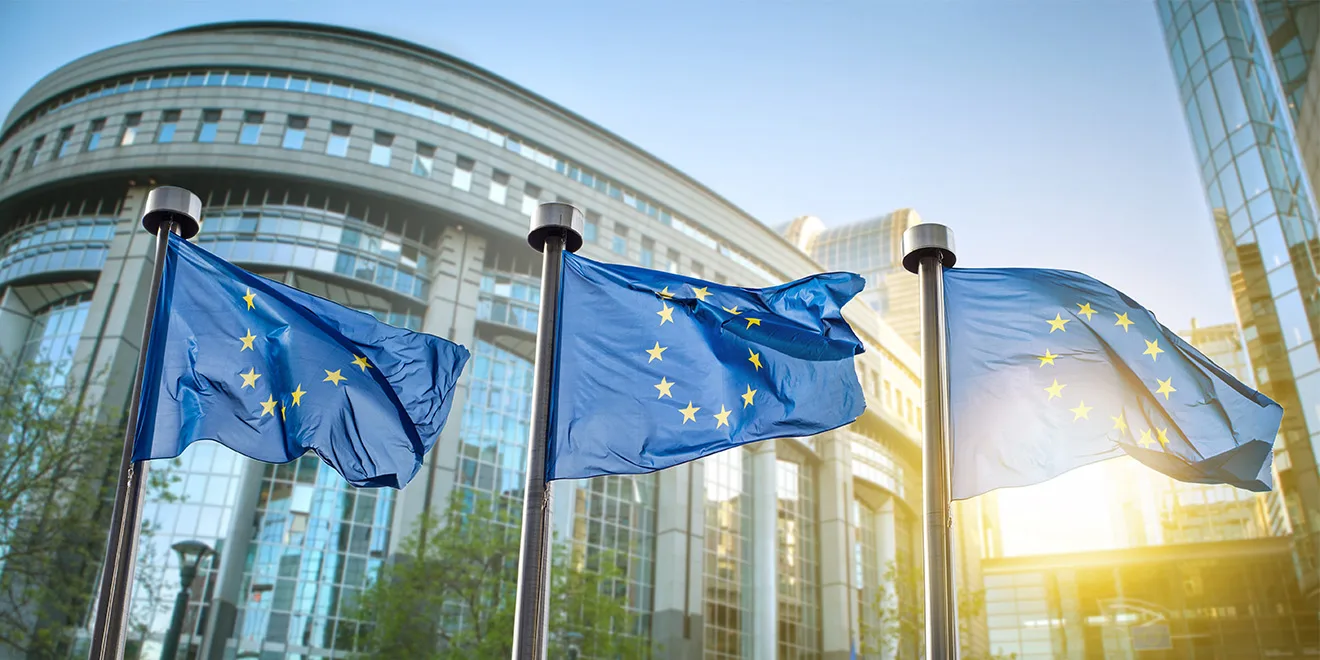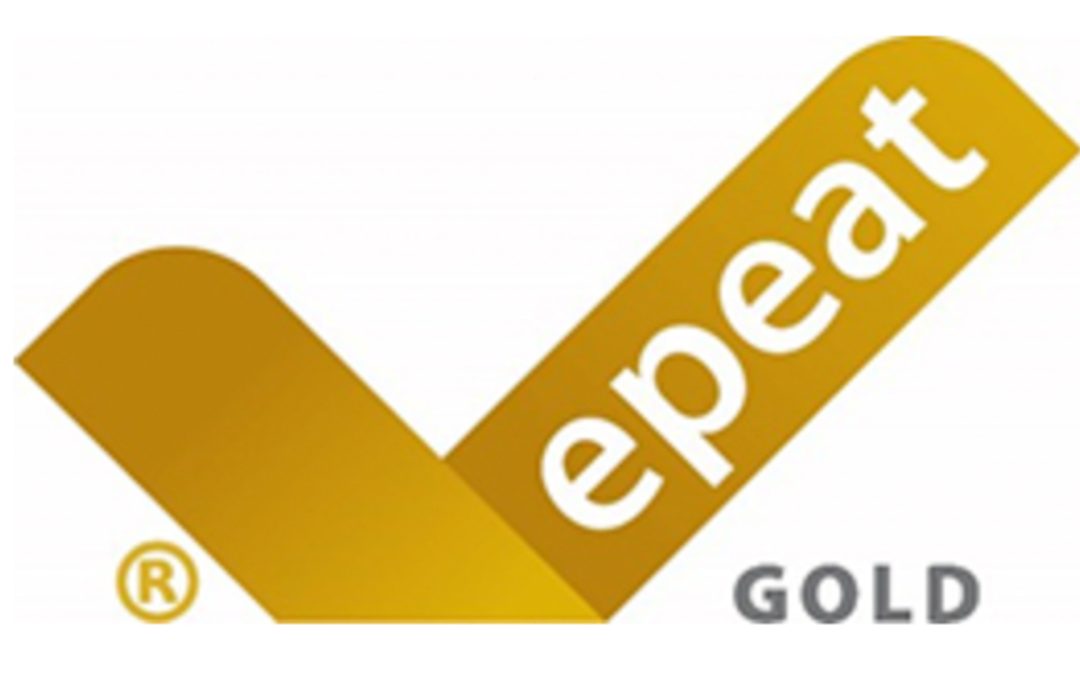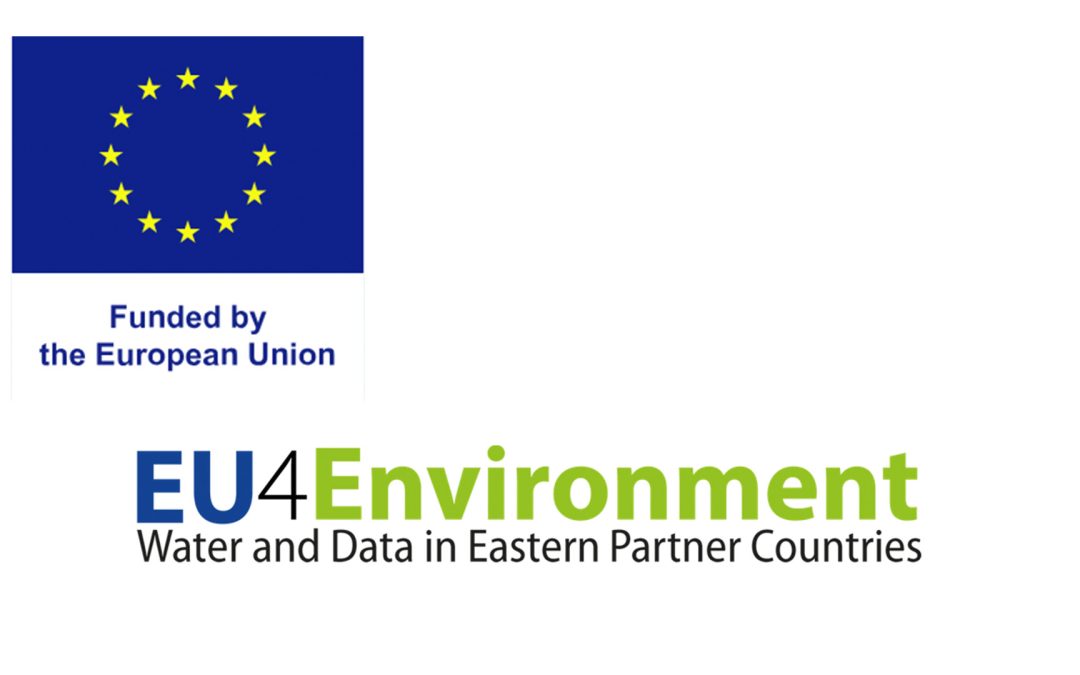New proposals seek to hold e-commerce platforms accountable for non-compliant products sold in Europe.
European industries and non-governmental organizations (NGOs) are calling for tighter regulations on online marketplaces, urging EU policymakers to close regulatory loopholes that allow non-compliant products to flood the market. A joint position paper highlights the challenges posed by products sold through platforms such as Amazon and eBay, with many items failing to meet EU standards for safety, sustainability, and waste management.
The call comes as the EU prepares its 2024-2029 legislative mandate, with stakeholders pushing for reforms to safeguard consumers and protect local businesses from unfair competition. The proposal, which would require online marketplaces to be recognized as economic operators, has sparked debate within the policy community, with supporters emphasizing the need for tougher rules and critics warning of potential consequences for e-commerce.
 Online marketplaces have become a significant channel for cross-border sales, connecting buyers and sellers globally. While they offer convenience and variety, they also serve as a conduit for non-compliant products entering the EU market. The problem is particularly acute in the office imaging sector, where consumables such as toner cartridges often contain harmful substances like decaBDE and lack WEEE registration and proper take-back schemes.
Online marketplaces have become a significant channel for cross-border sales, connecting buyers and sellers globally. While they offer convenience and variety, they also serve as a conduit for non-compliant products entering the EU market. The problem is particularly acute in the office imaging sector, where consumables such as toner cartridges often contain harmful substances like decaBDE and lack WEEE registration and proper take-back schemes.
Poor-quality products, often sourced from non-EU countries, not only pose environmental hazards but also burden EU businesses with unfair disposal costs. Under current rules, the responsibility for compliance falls solely on economic operators within the EU, leaving online platforms largely unaccountable for the goods they facilitate.
Supporters of the proposal argue that treating online marketplaces as economic operators is a necessary step to address the issue. If enacted, the legislation would require platforms to ensure that products sold on their sites comply with EU regulations covering safety, environmental protection, and waste management. This would be particularly beneficial for industries like office imaging, where responsible companies already face higher costs to comply with Extended Producer Responsibility (EPR) schemes.
“By holding online platforms accountable, we can prevent the entry of dangerous and non-compliant products into the EU market,” the joint statement says. Proponents point to alarming statistics, such as 95% of toys sold via online marketplaces failing EU safety standards, and over 90% of non-compliant chemicals being imported from outside the EU.
The proposal would also offer much-needed support to EU businesses, which have long been undercut by cheaper, non-compliant products. Stricter regulations would limit the ability of non-EU sellers to sell substandard goods, reducing unfair competition and allowing compliant EU businesses to thrive.
However, the proposal is not without its challenges. One key concern is the potential administrative burden it would place on online marketplaces. Platforms would need to verify compliance for every product sold, significantly increasing their operational costs. Smaller e-commerce sites could struggle to absorb these expenses, potentially limiting the diversity of products available to consumers.
There is also the risk of market fragmentation, as different EU member states have varying levels of enforcement. While some countries, like Germany and France, already impose EPR obligations on online platforms, a harmonized approach across the EU could prove difficult to implement. Critics argue that introducing new layers of compliance could lead to inconsistent enforcement, complicating matters for businesses and regulators alike.
Despite these concerns, the proposal could have a positive impact on European businesses. By making it more difficult for non-EU sellers to undercut local firms with cheaper, non-compliant goods, the regulations would level the playing field. This would ensure that all products sold within the EU meet the same stringent standards, benefiting companies that have invested in compliance and sustainability.
The proposal also includes provisions for improving product traceability, ensuring better coordination between existing EU databases to track the flow of goods. This would enhance market surveillance and allow for quicker identification and removal of non-compliant products from the market.
As the EU gears up for its next legislative cycle, the debate over online marketplace regulation will continue to evolve. For the office imaging sector, and many others, these proposed reforms could mark a significant shift in how e-commerce is governed. Whether the benefits outweigh the costs remains to be seen, but the push for a fairer, safer, and more sustainable online market is gaining momentum.




















